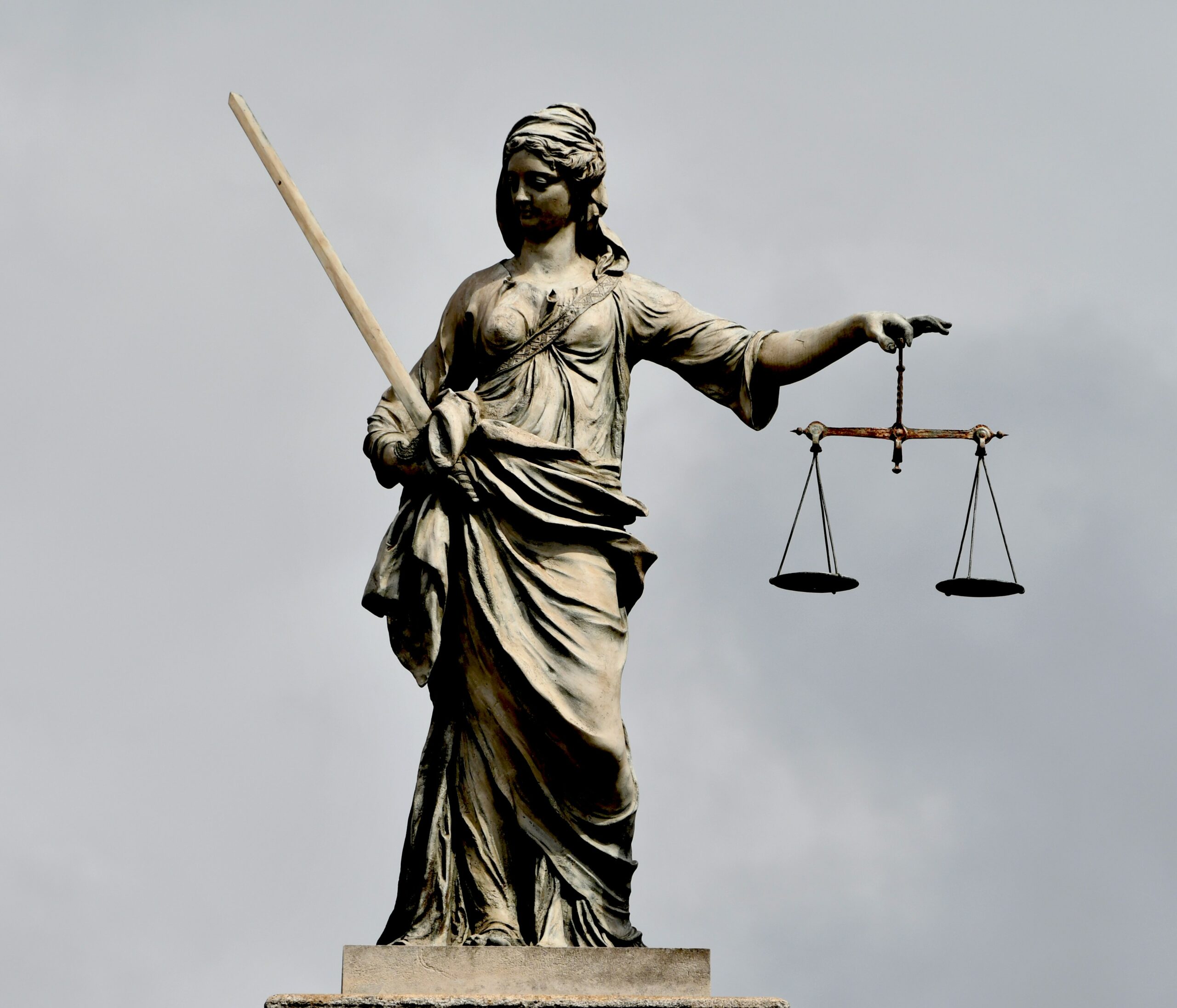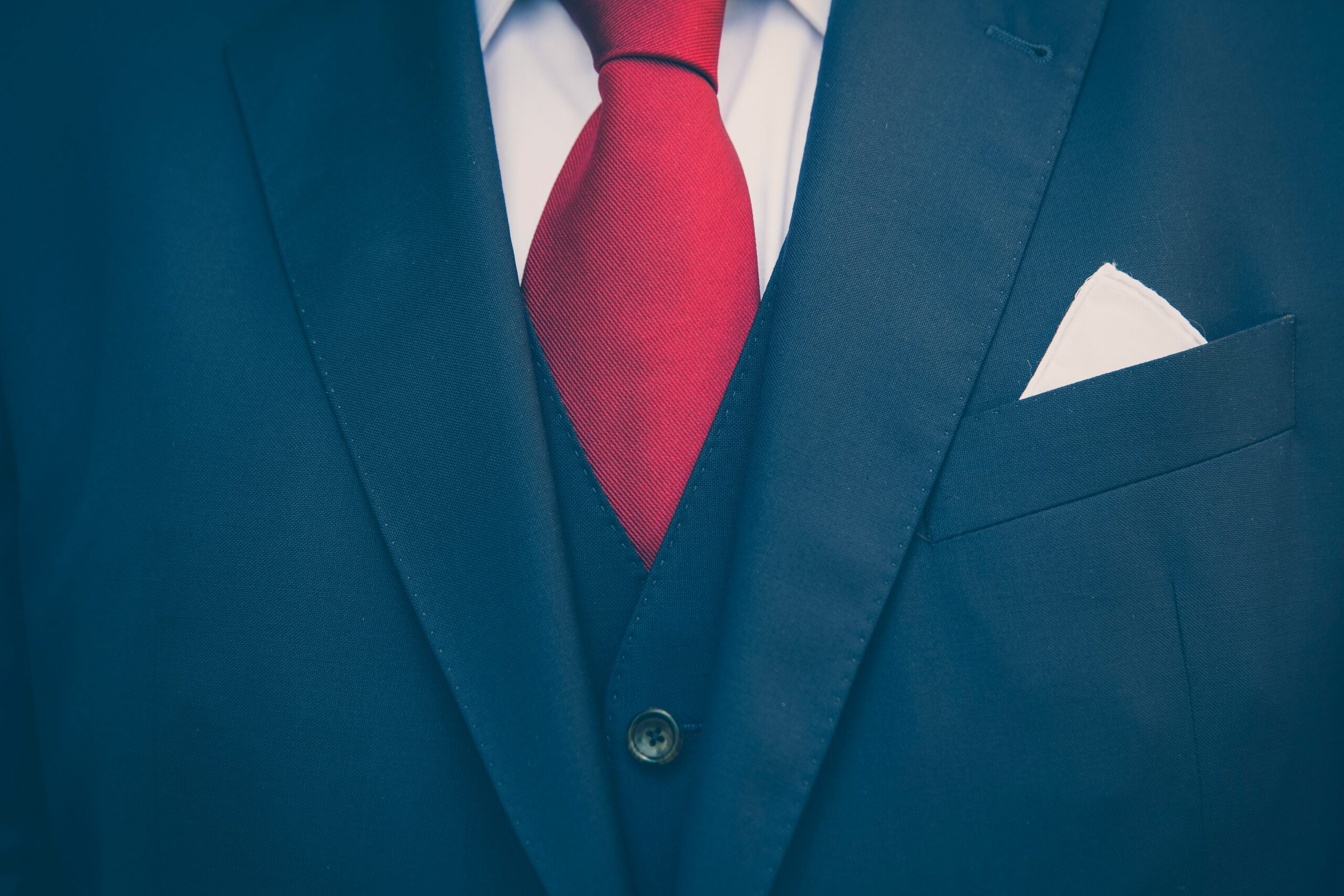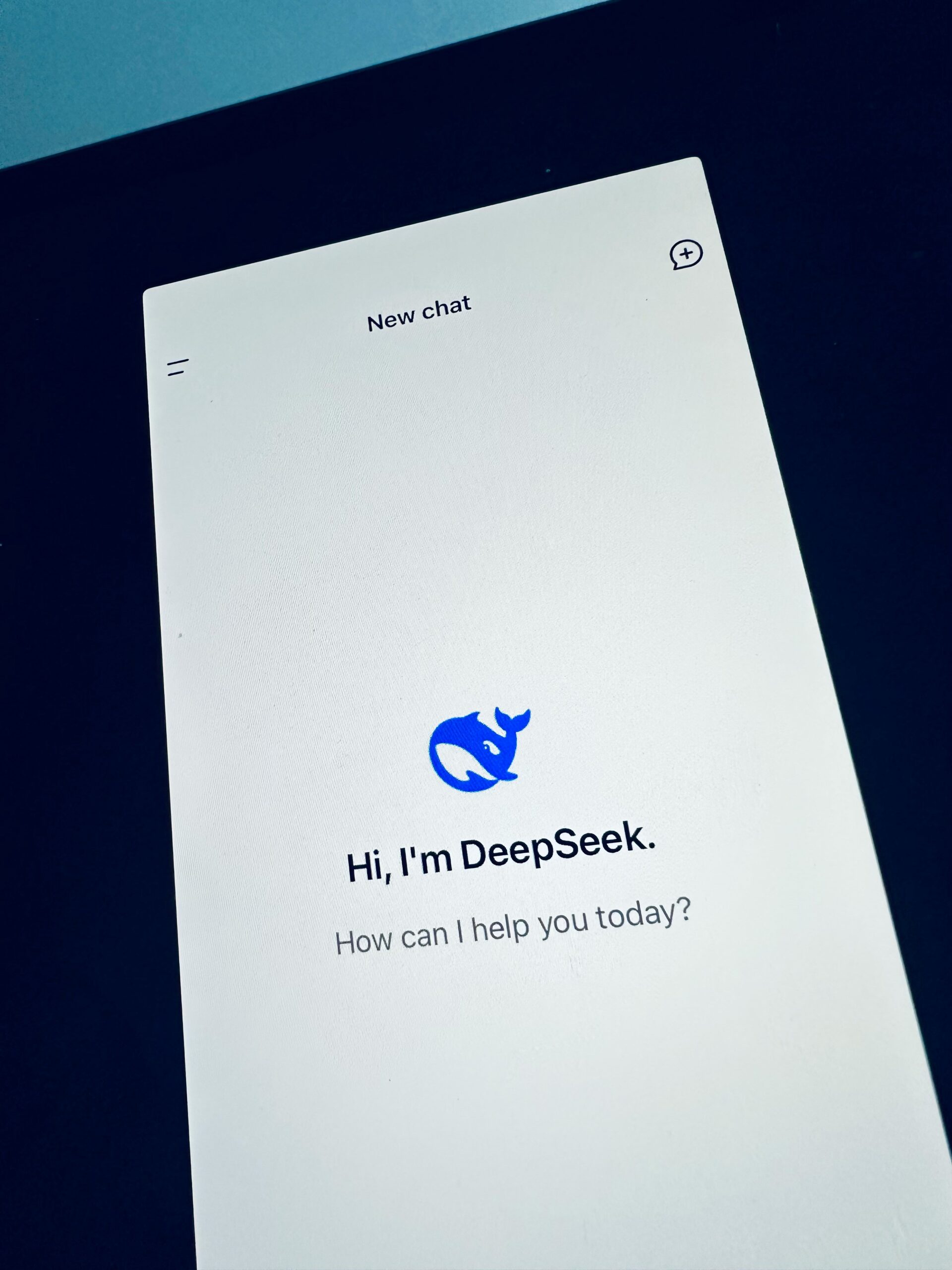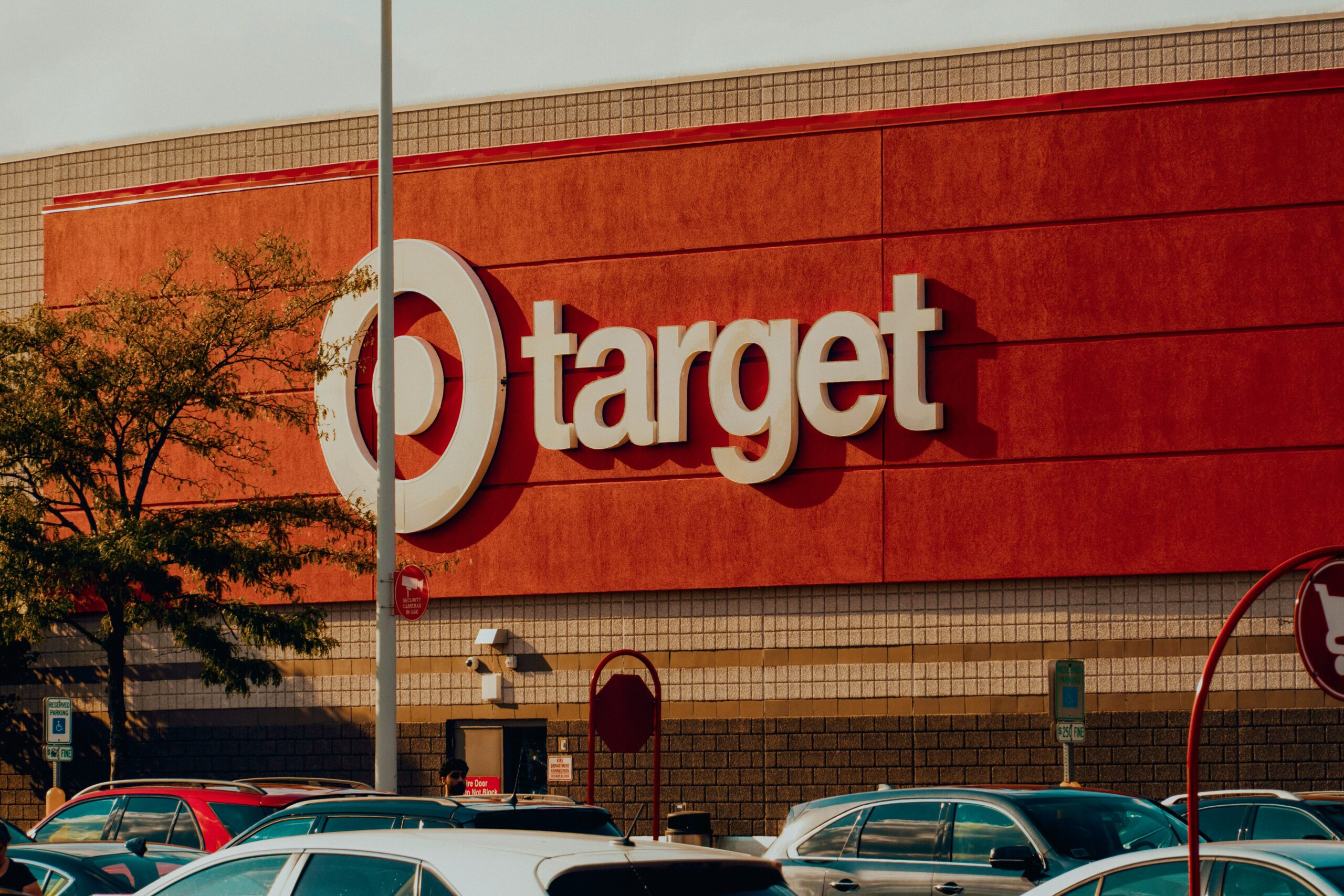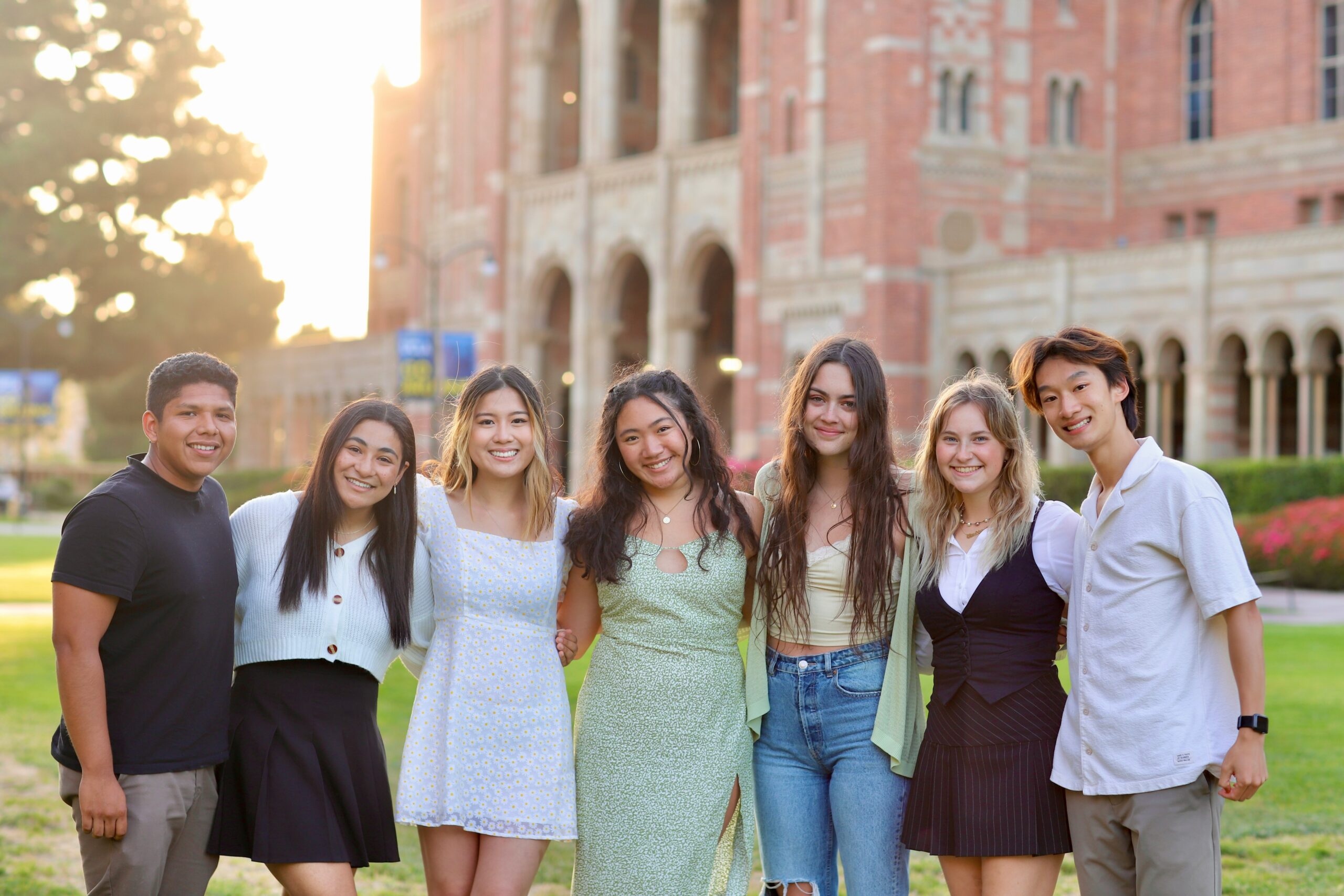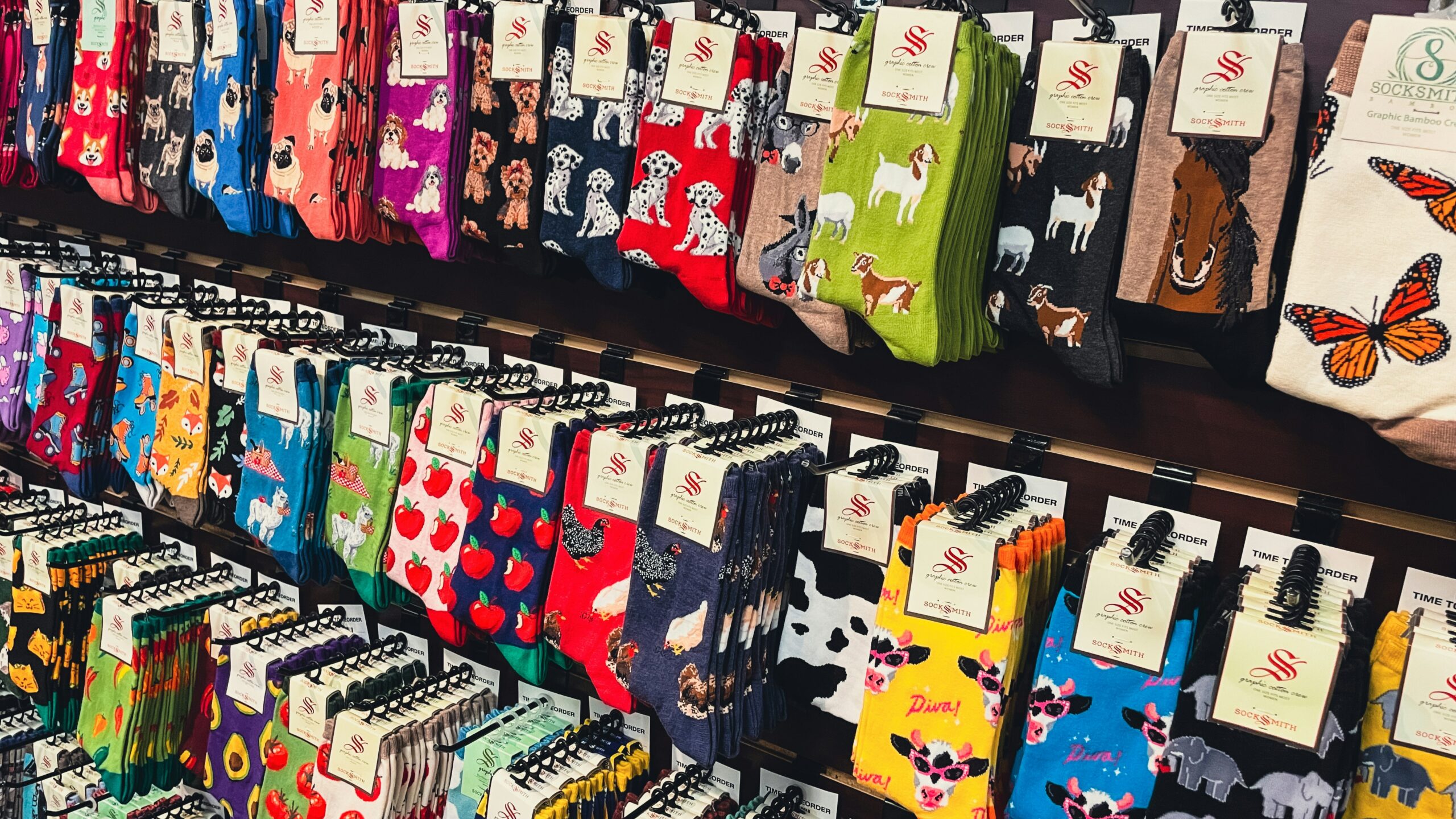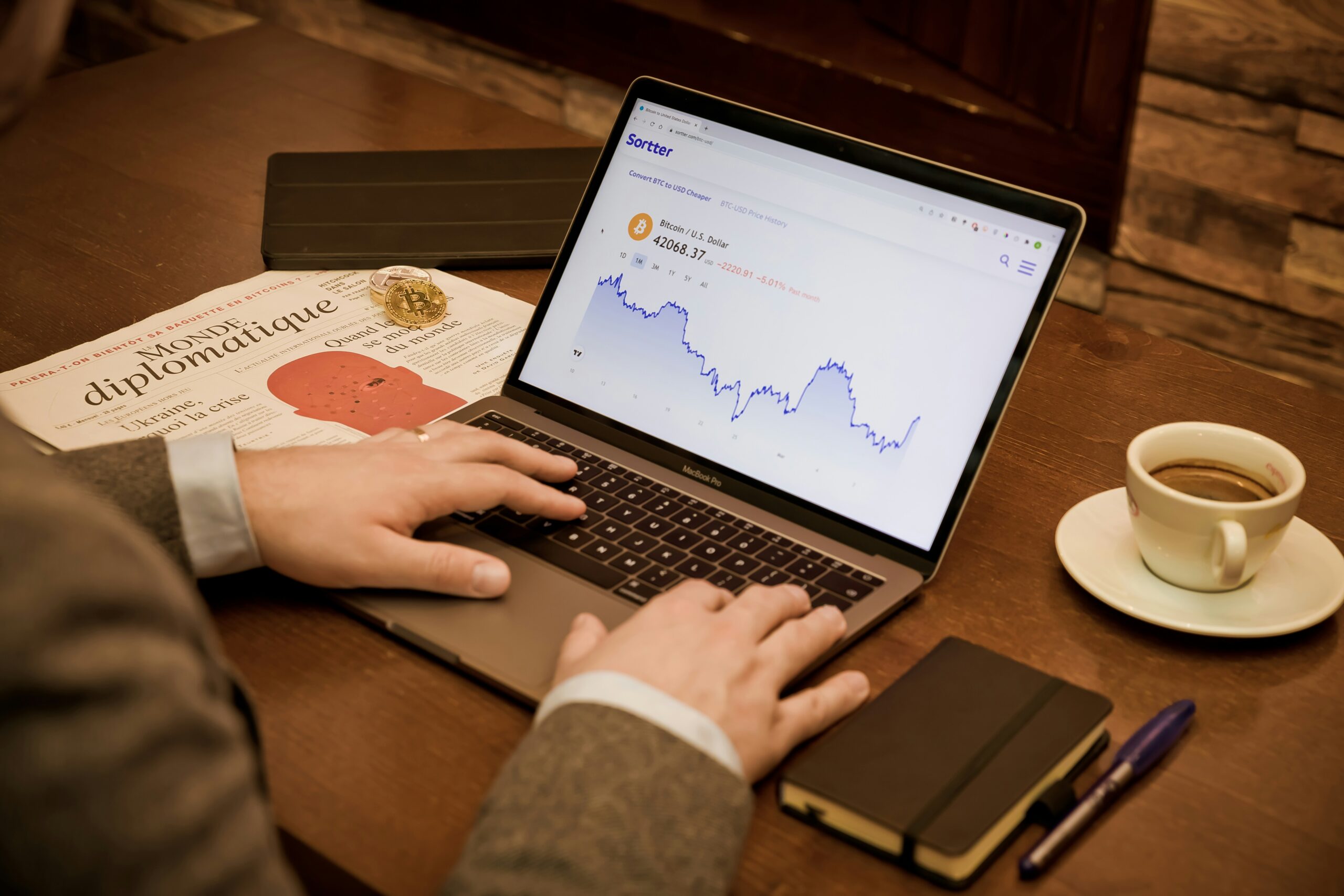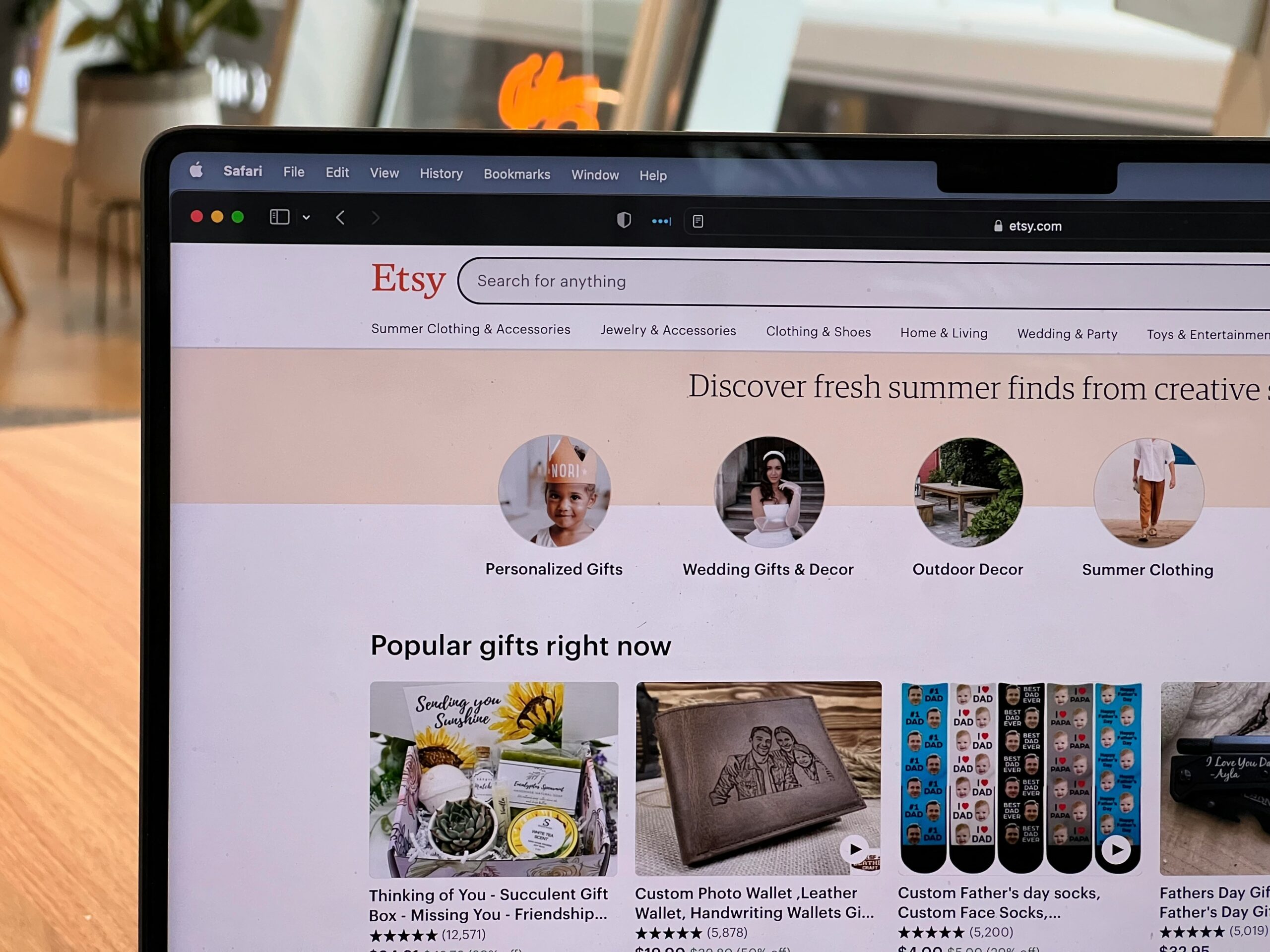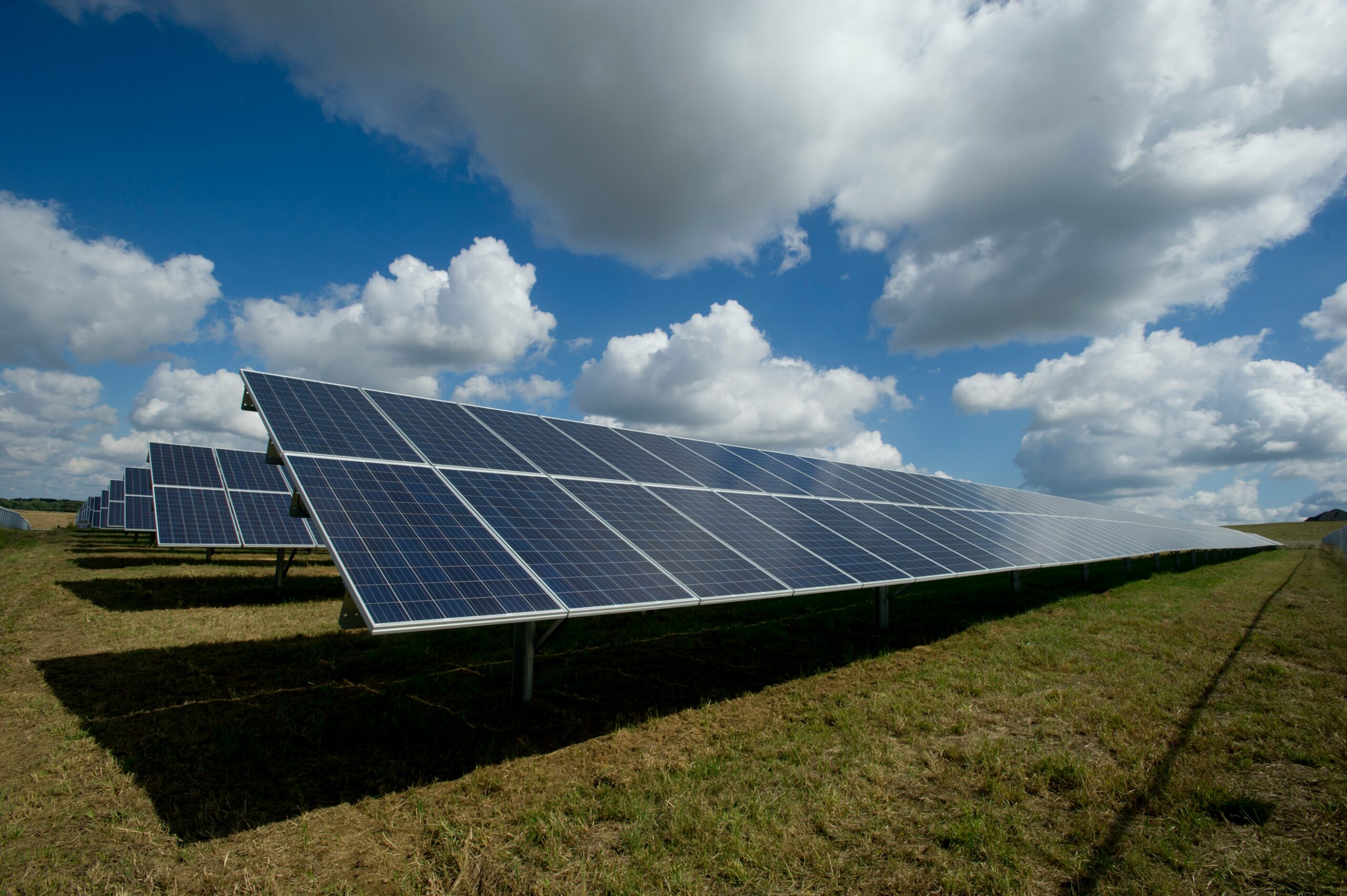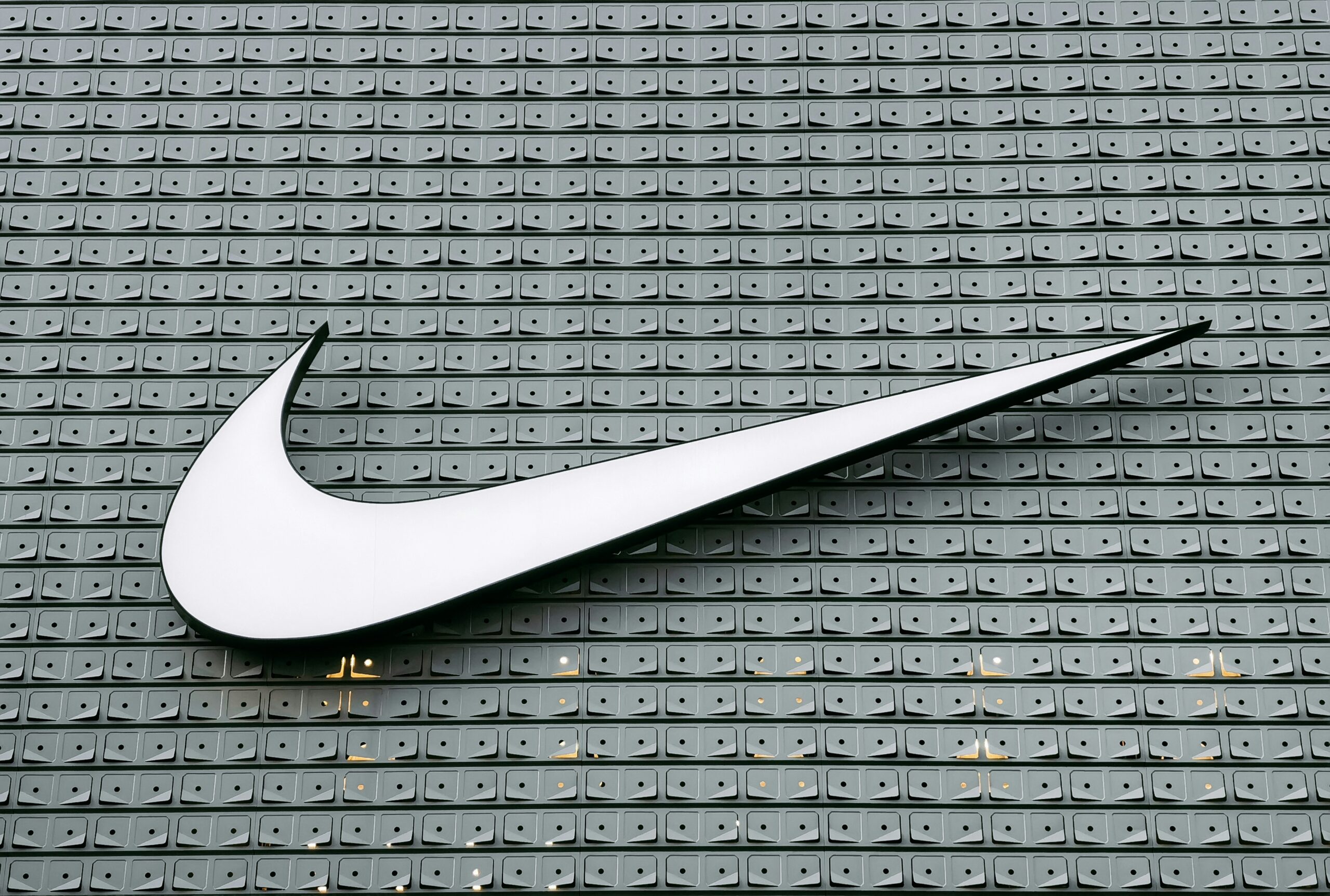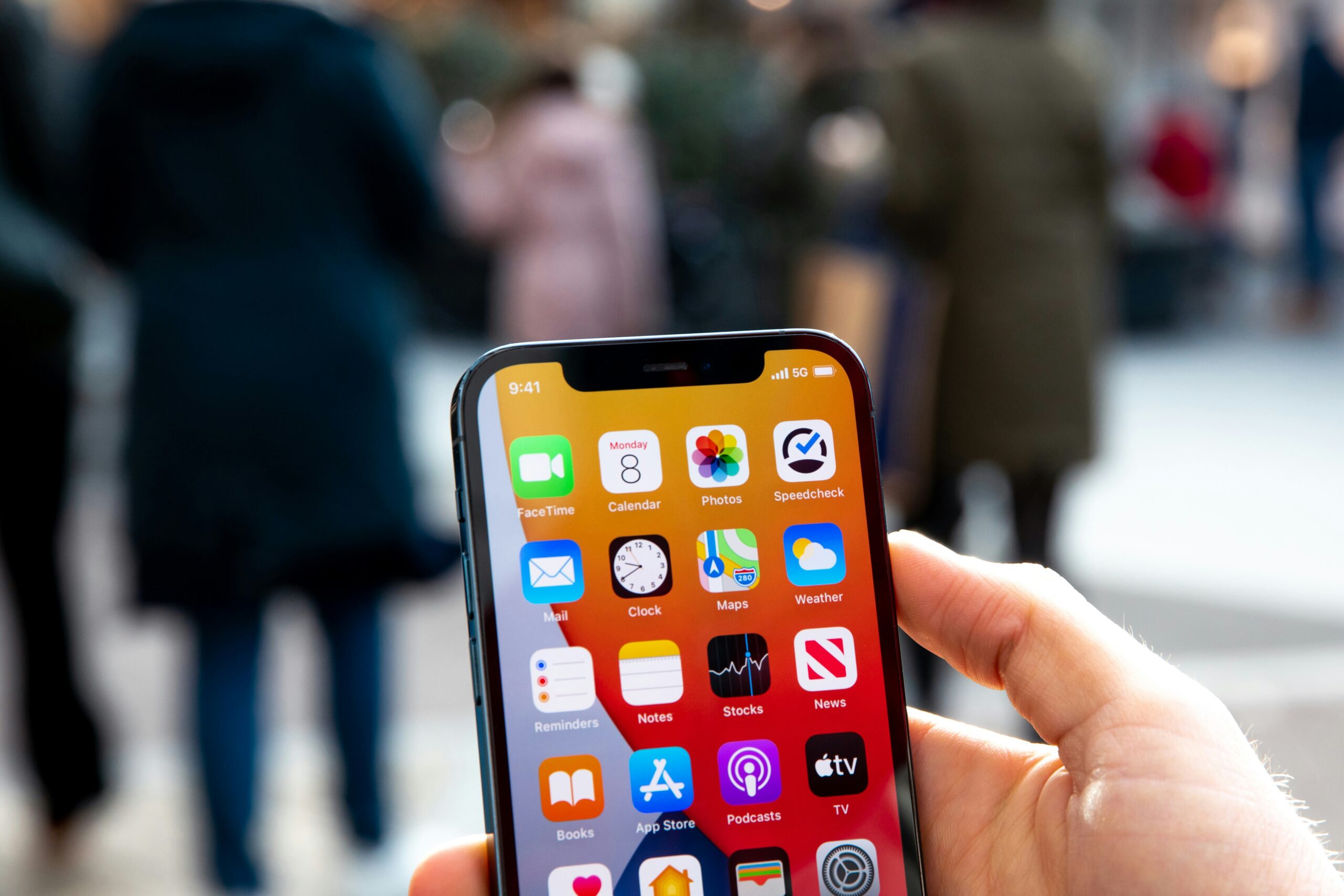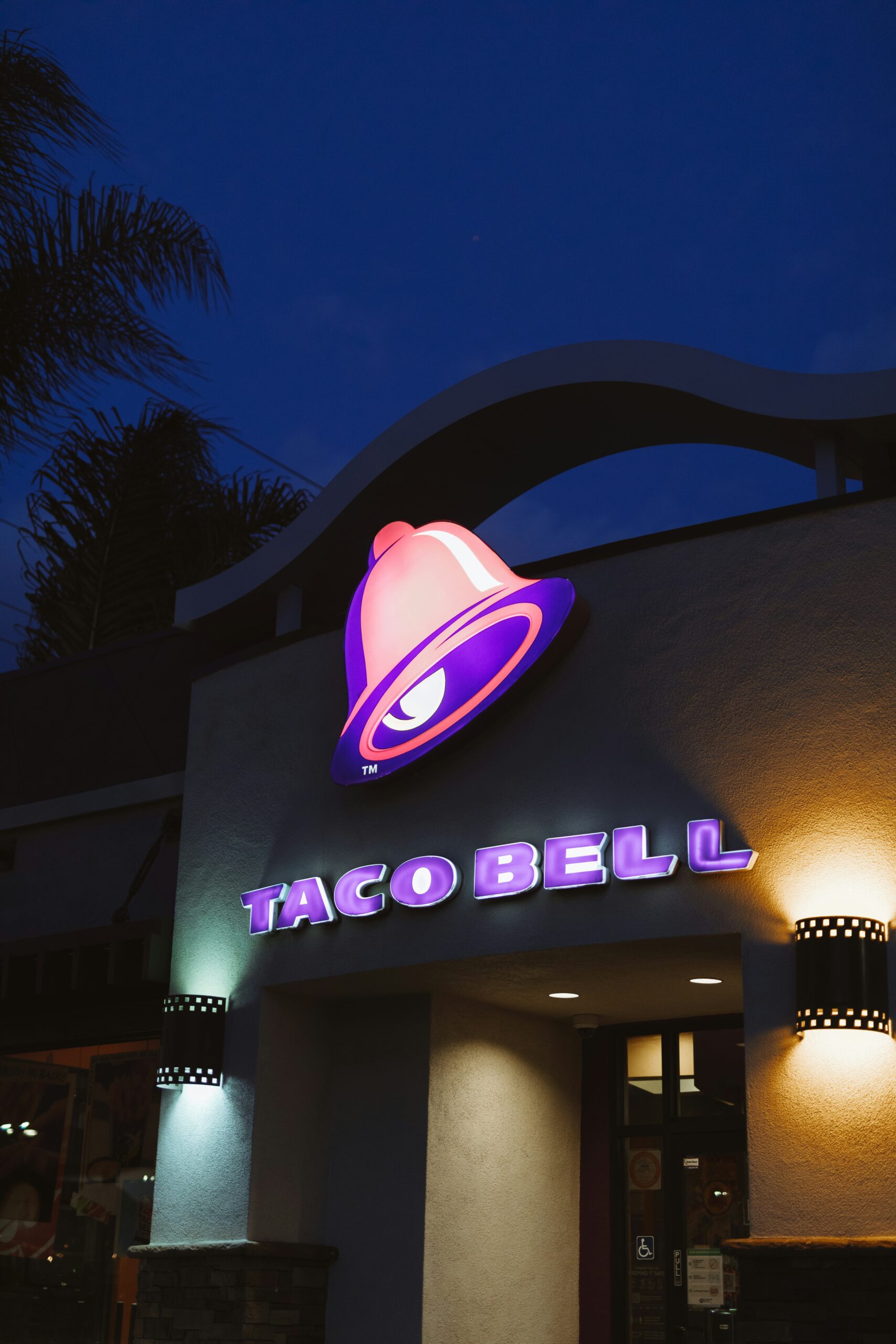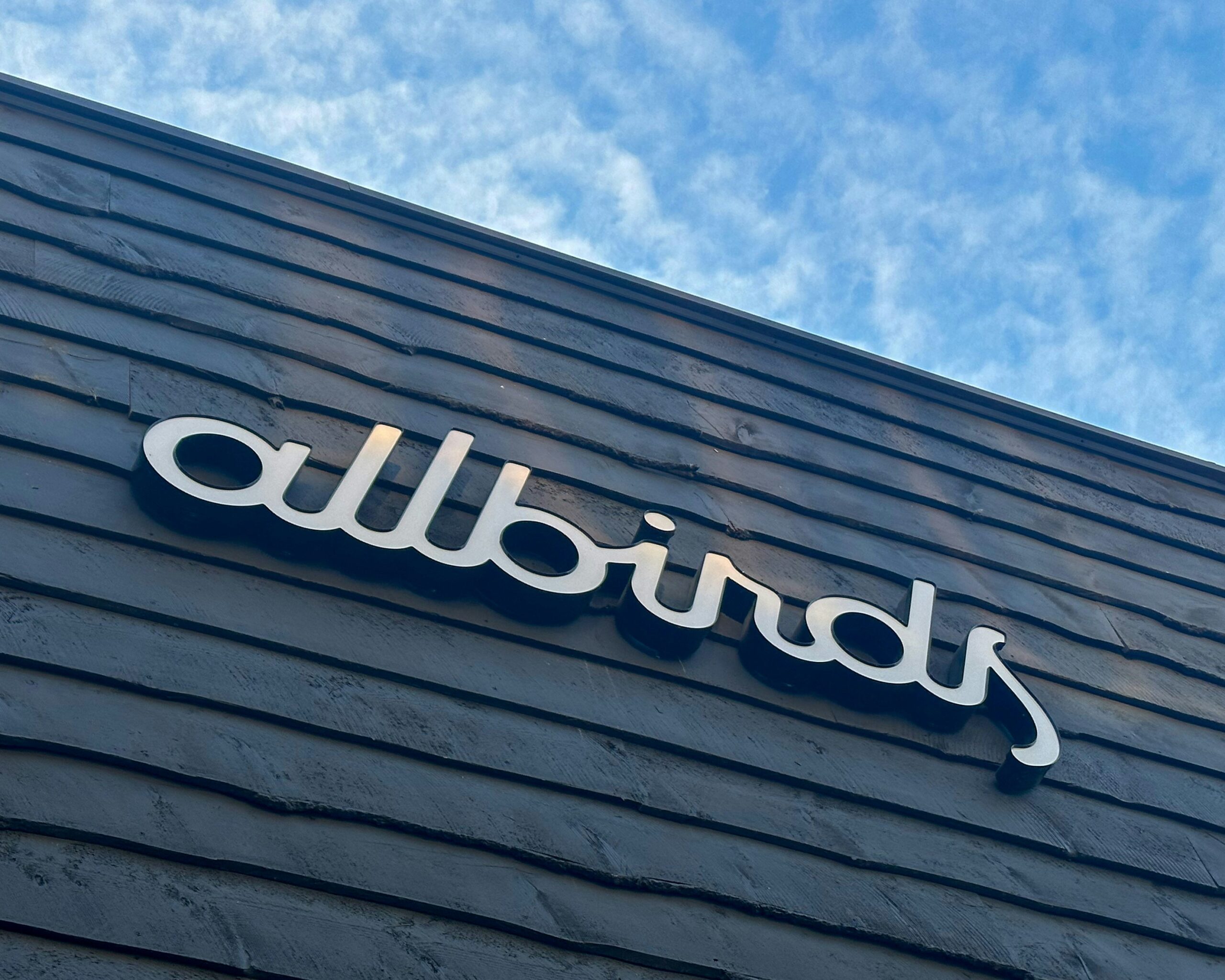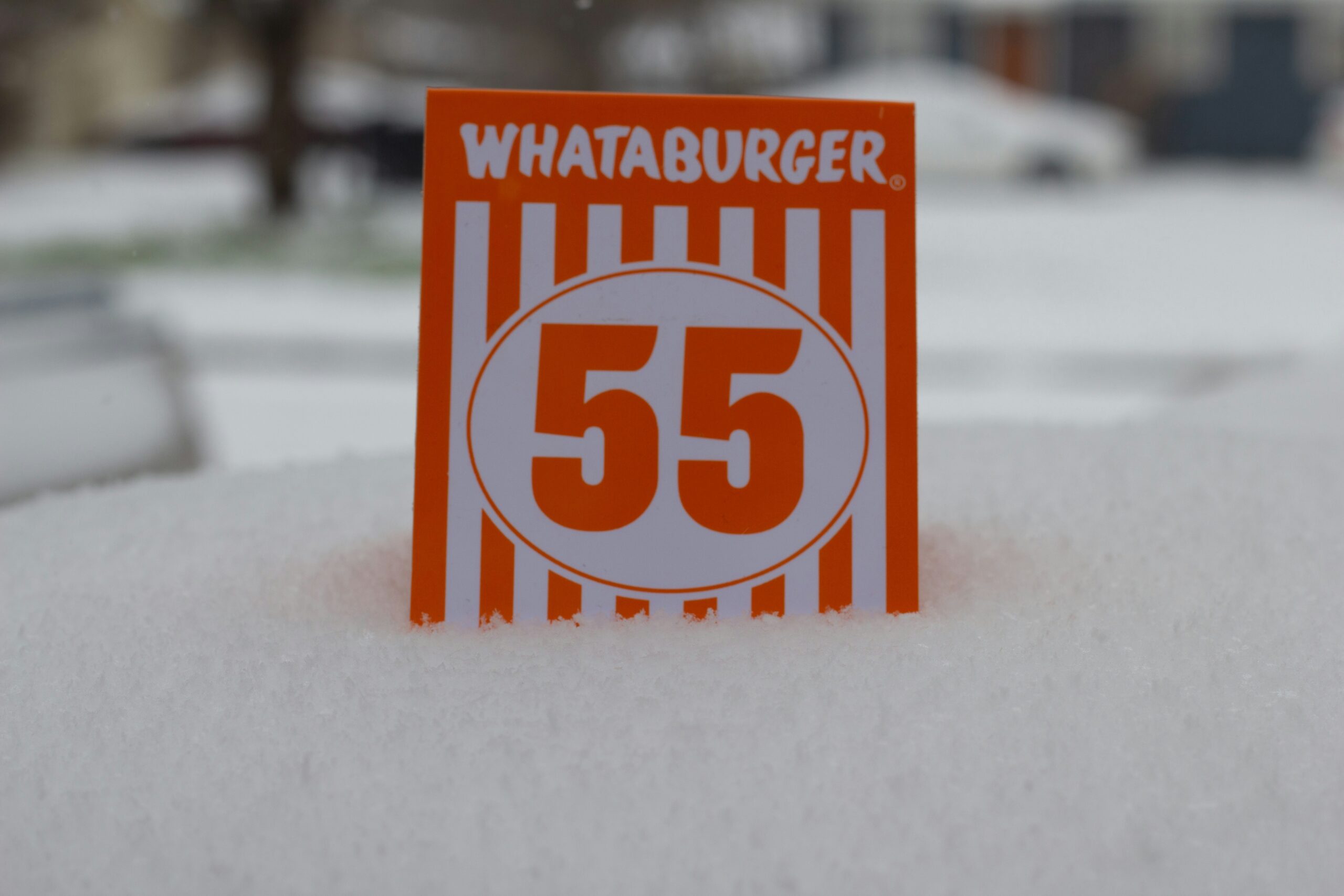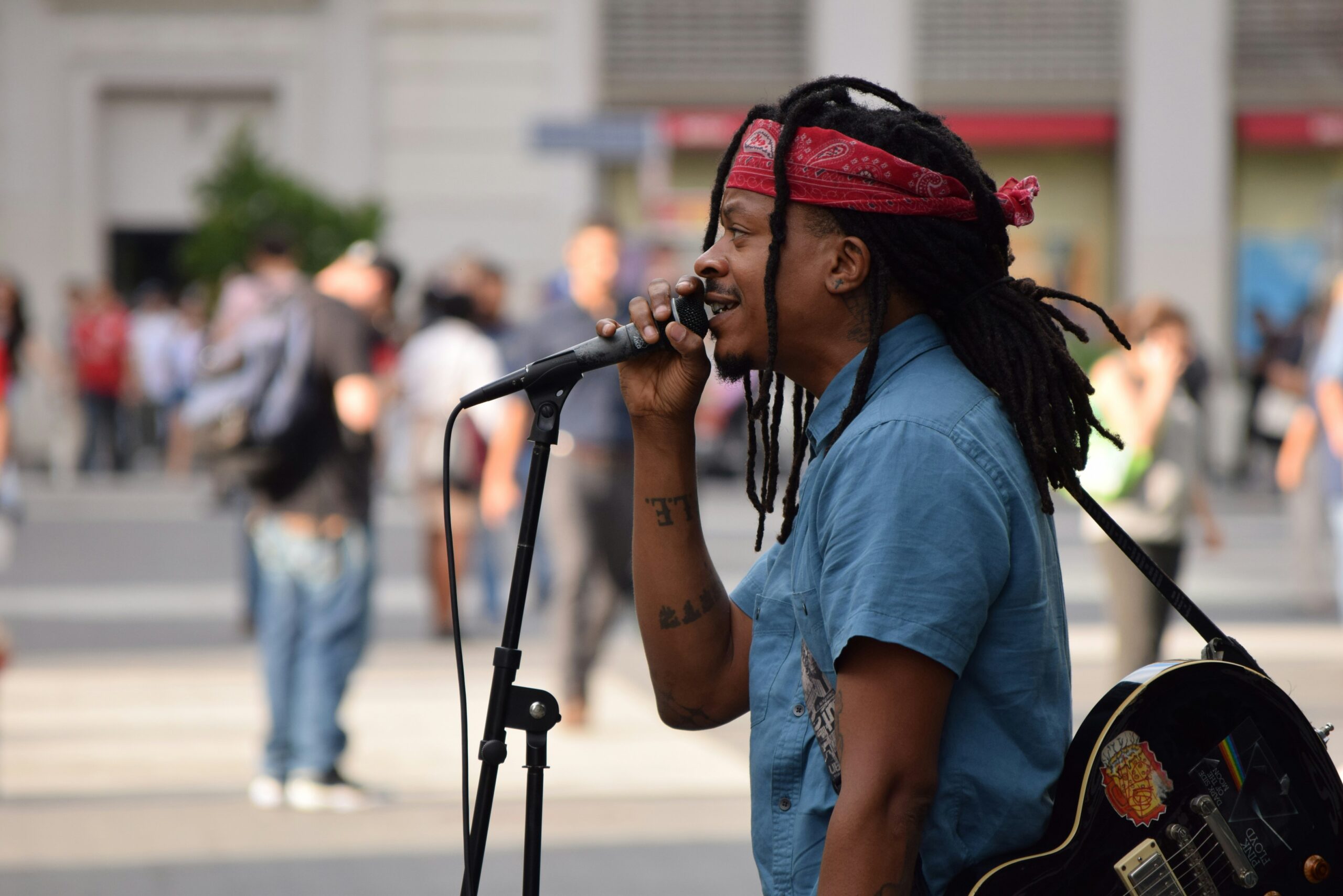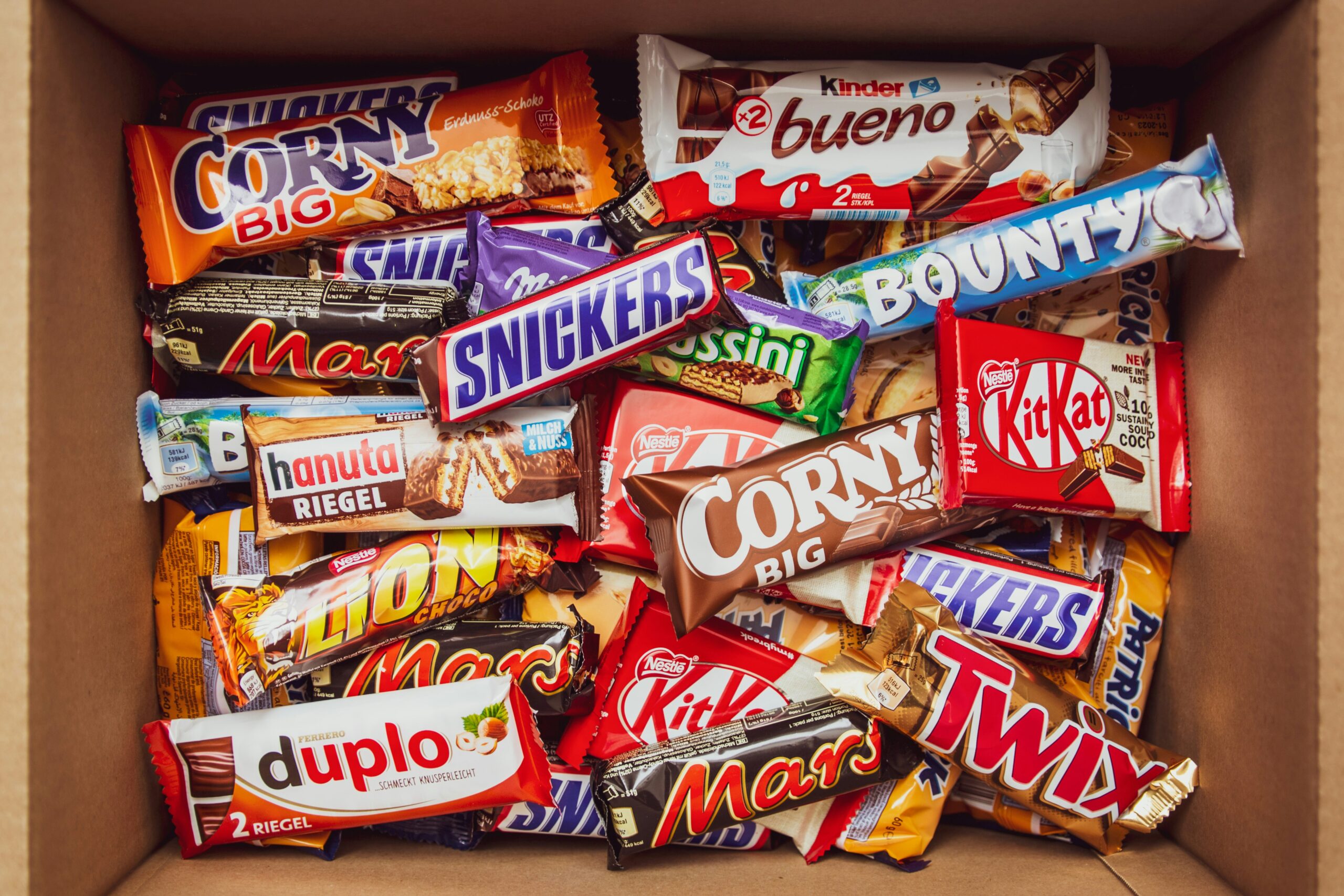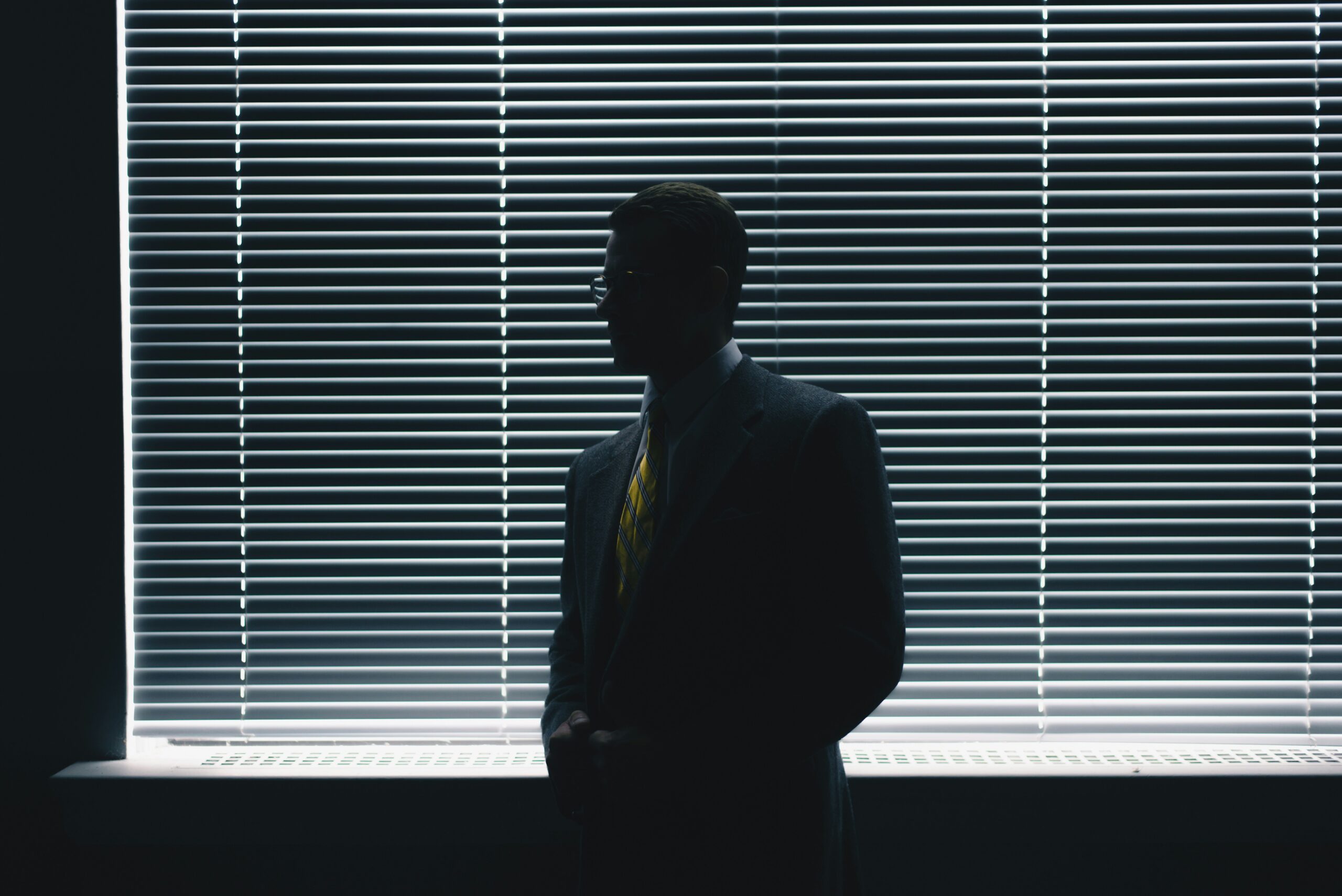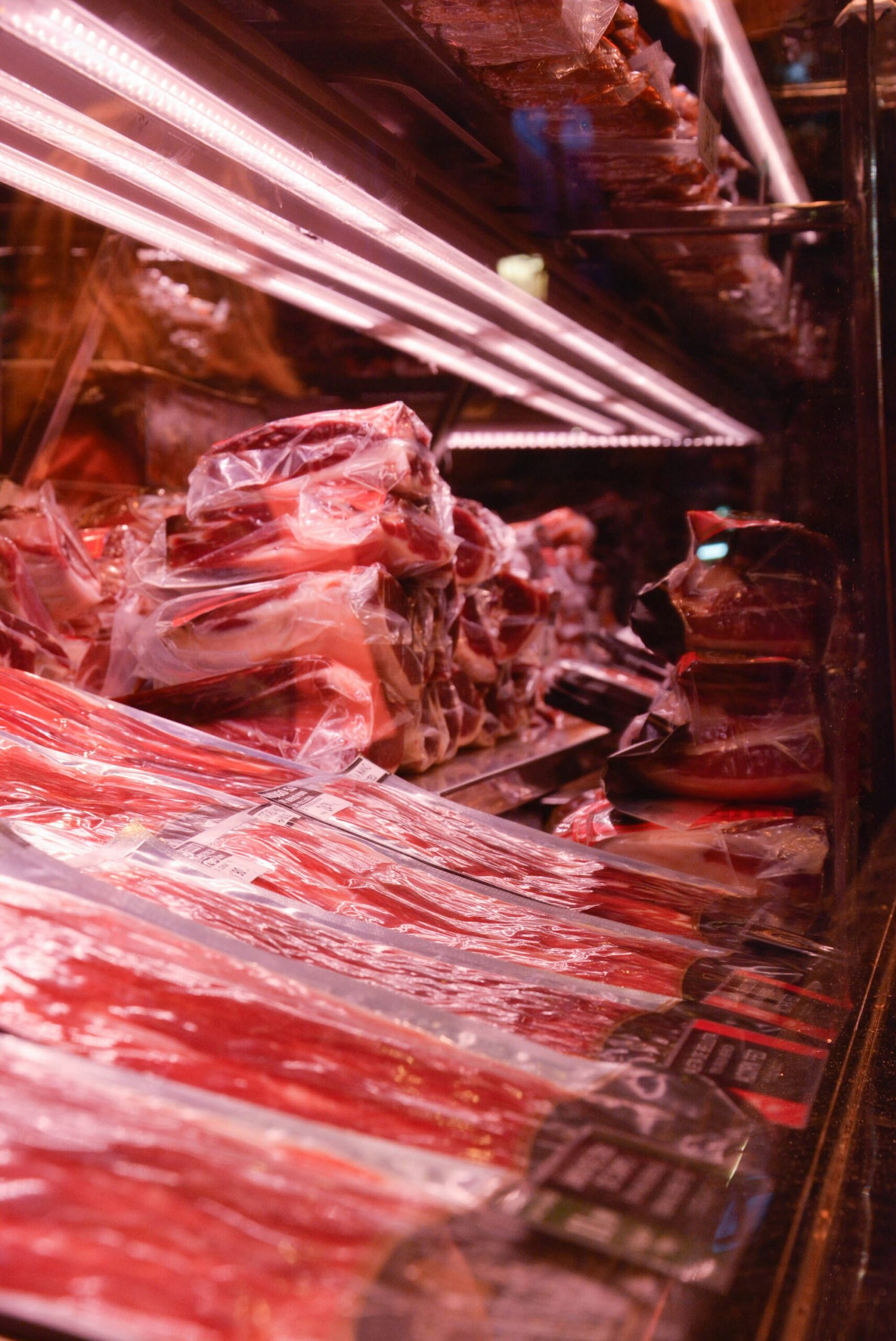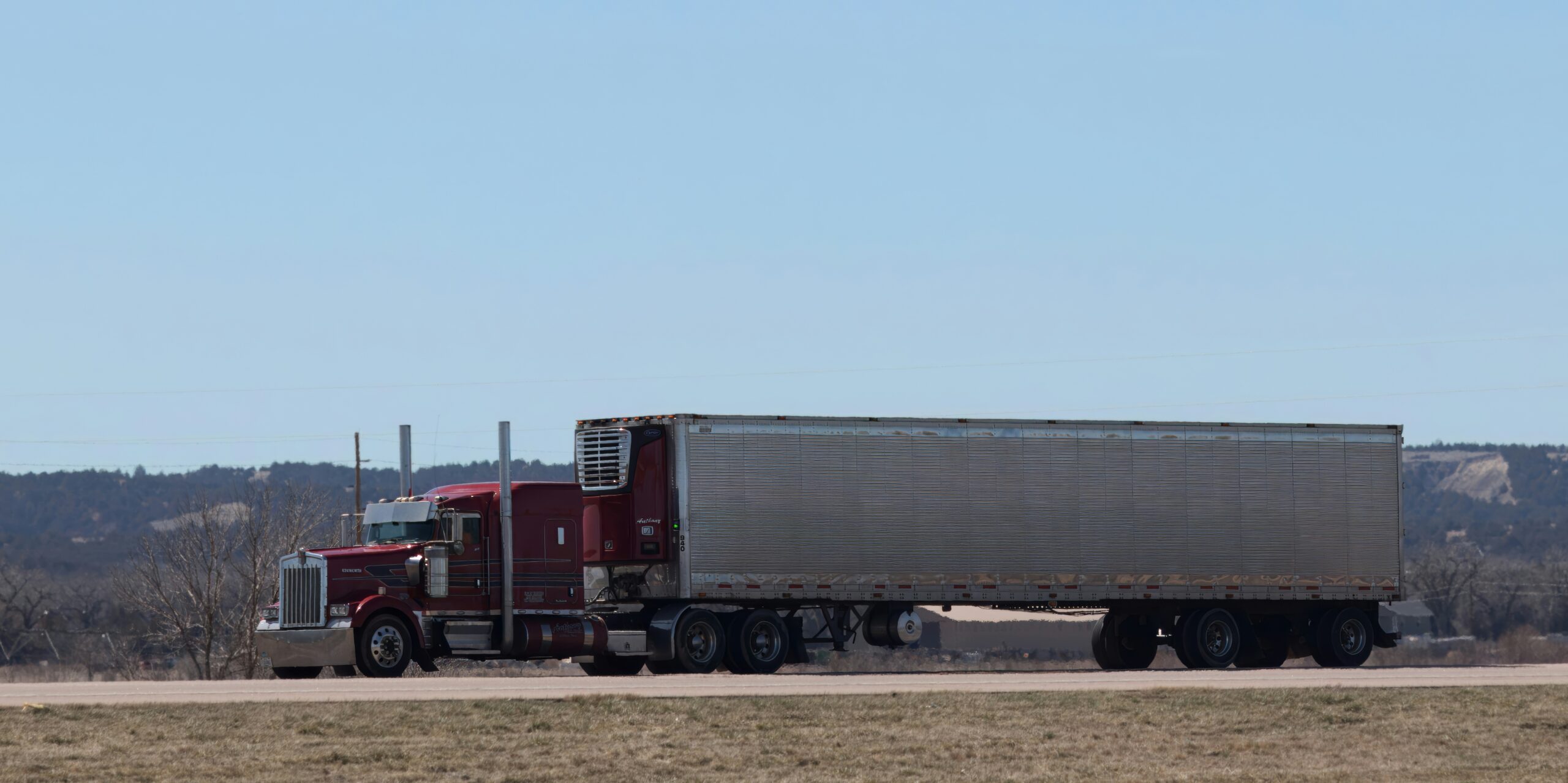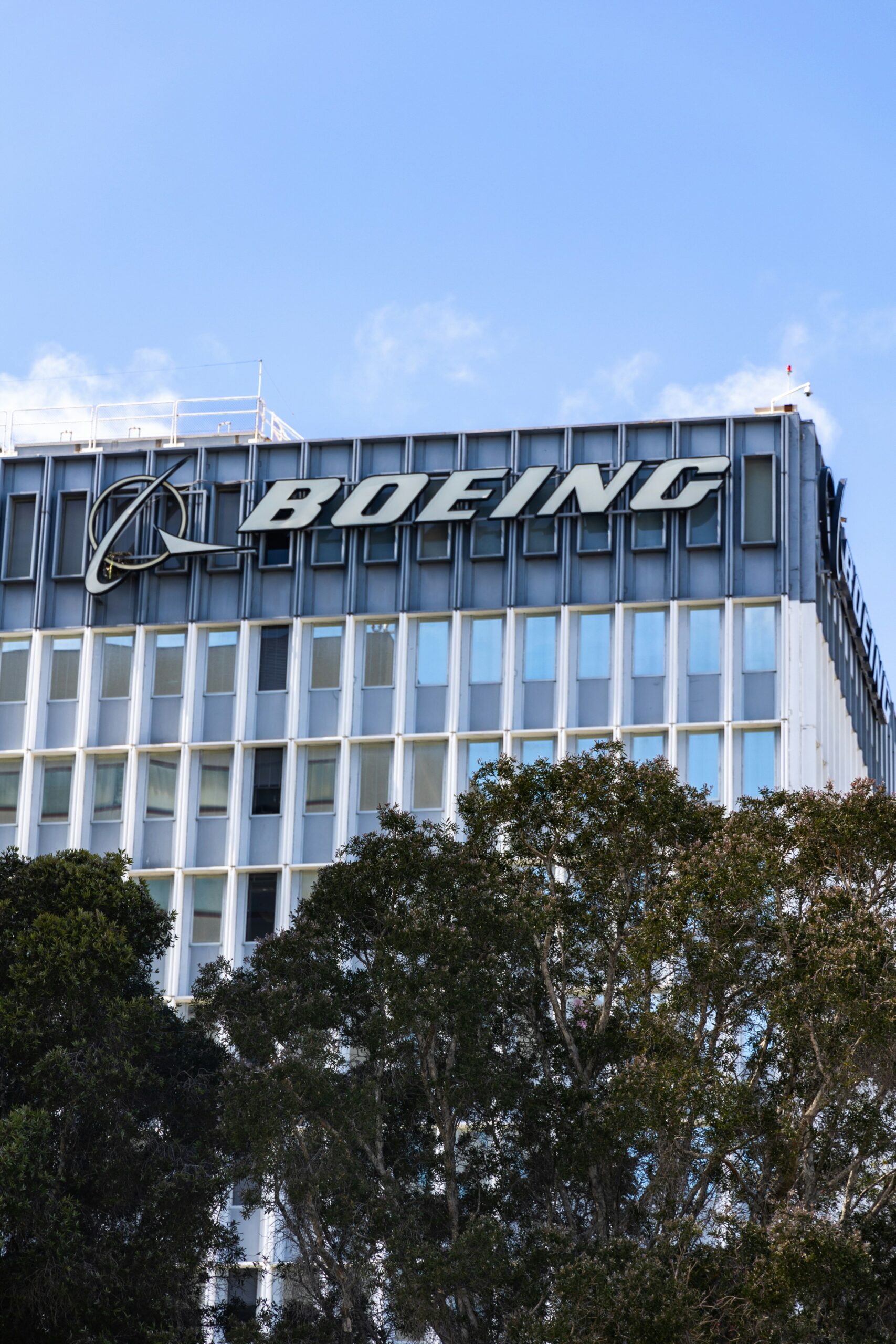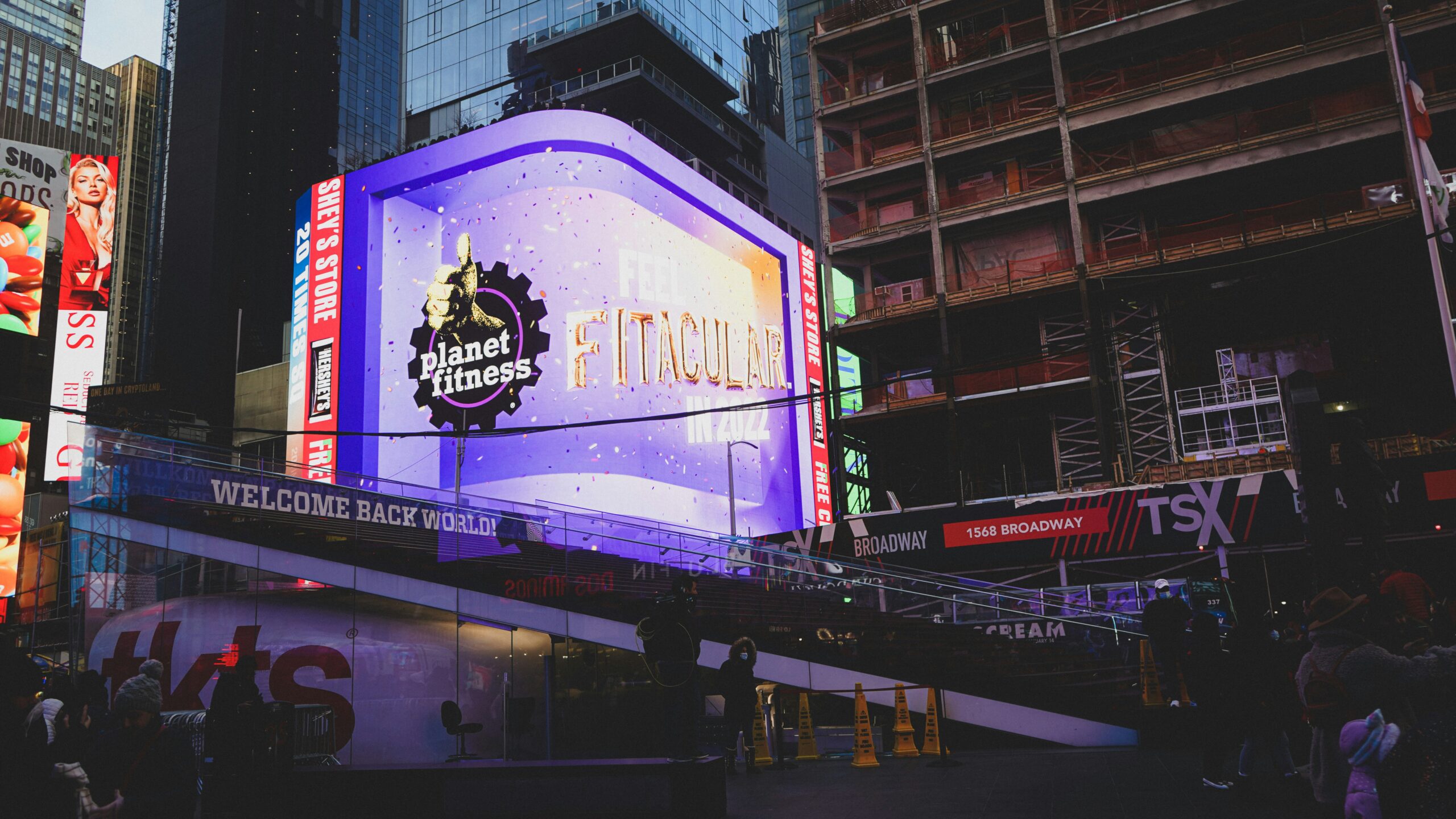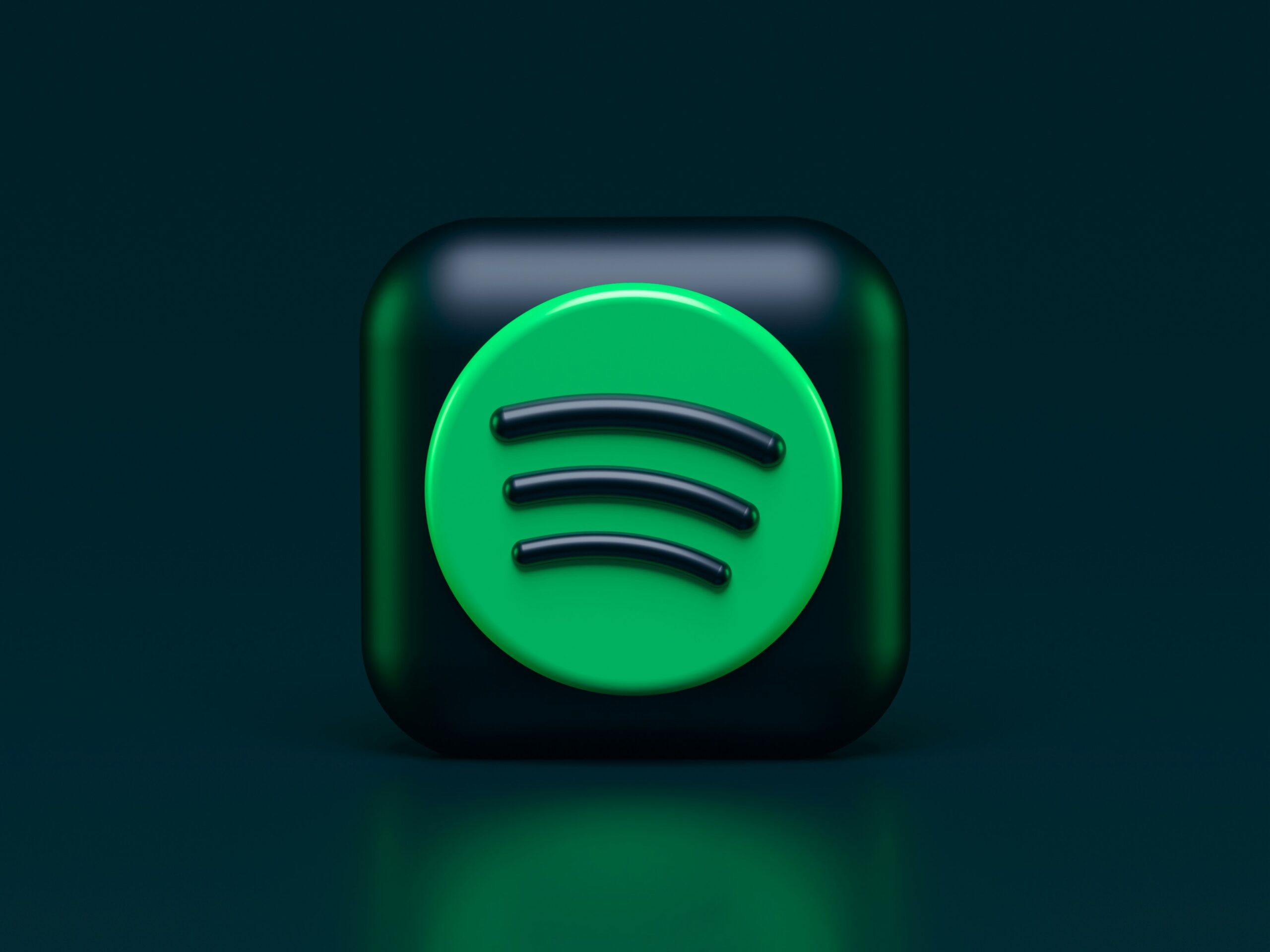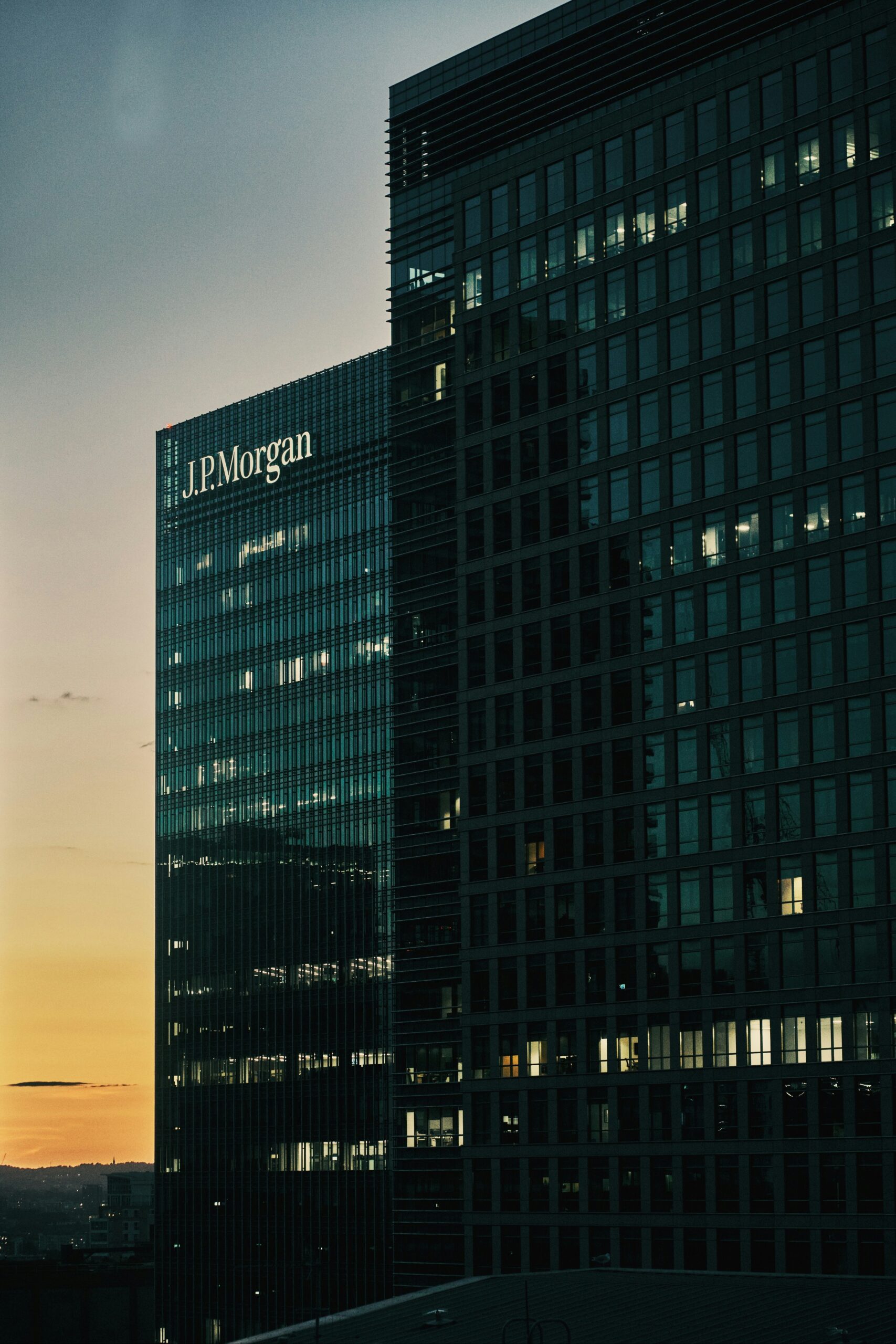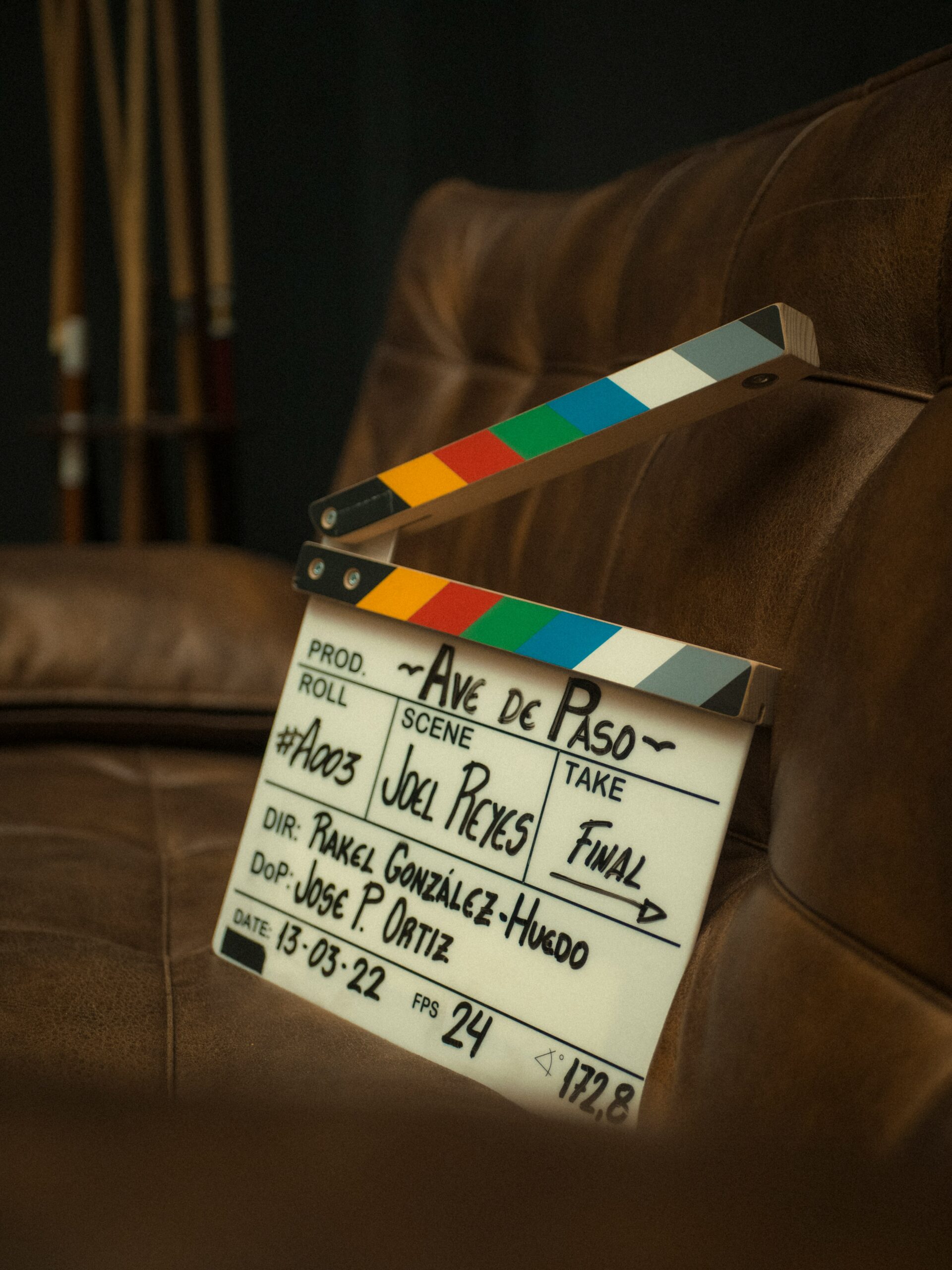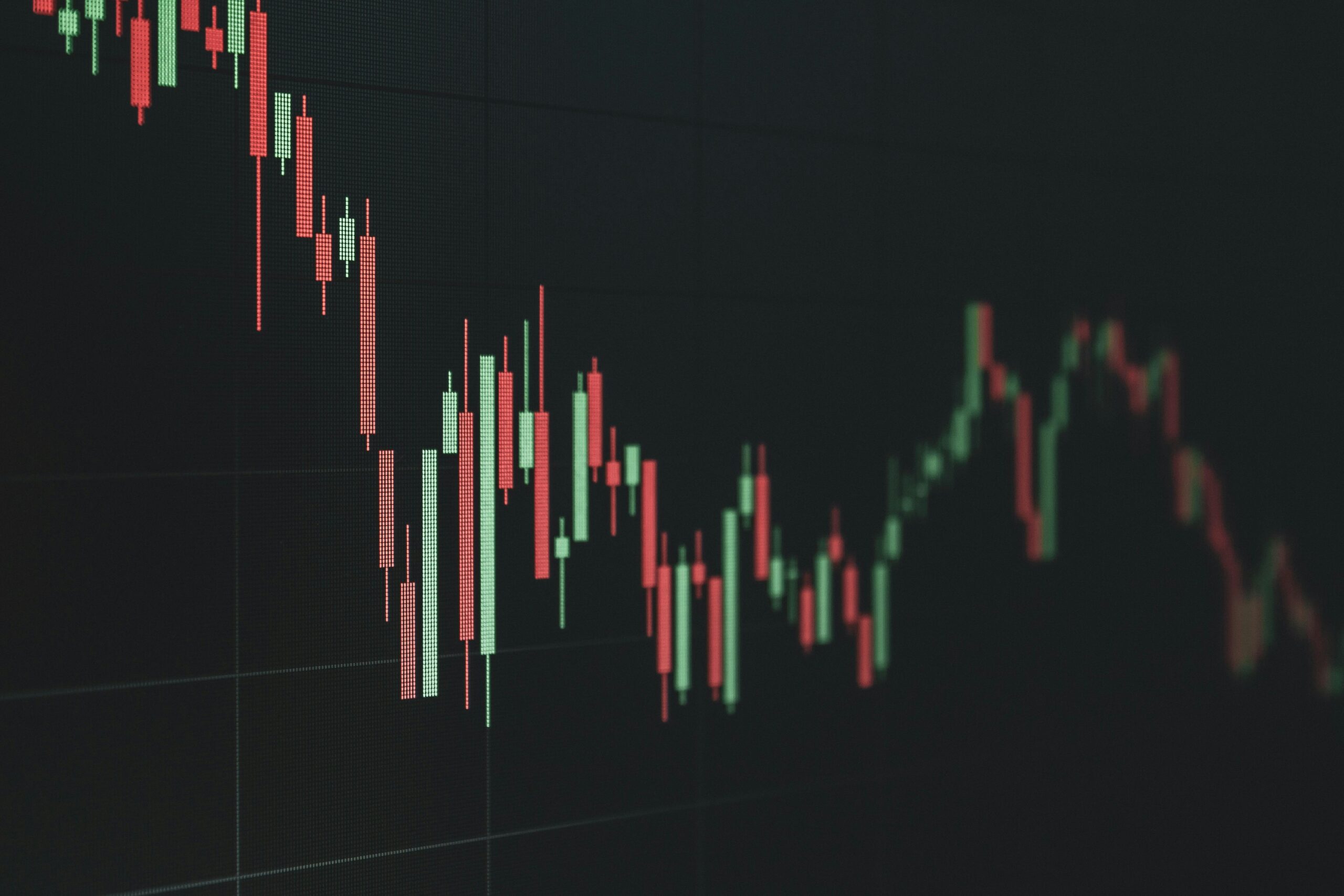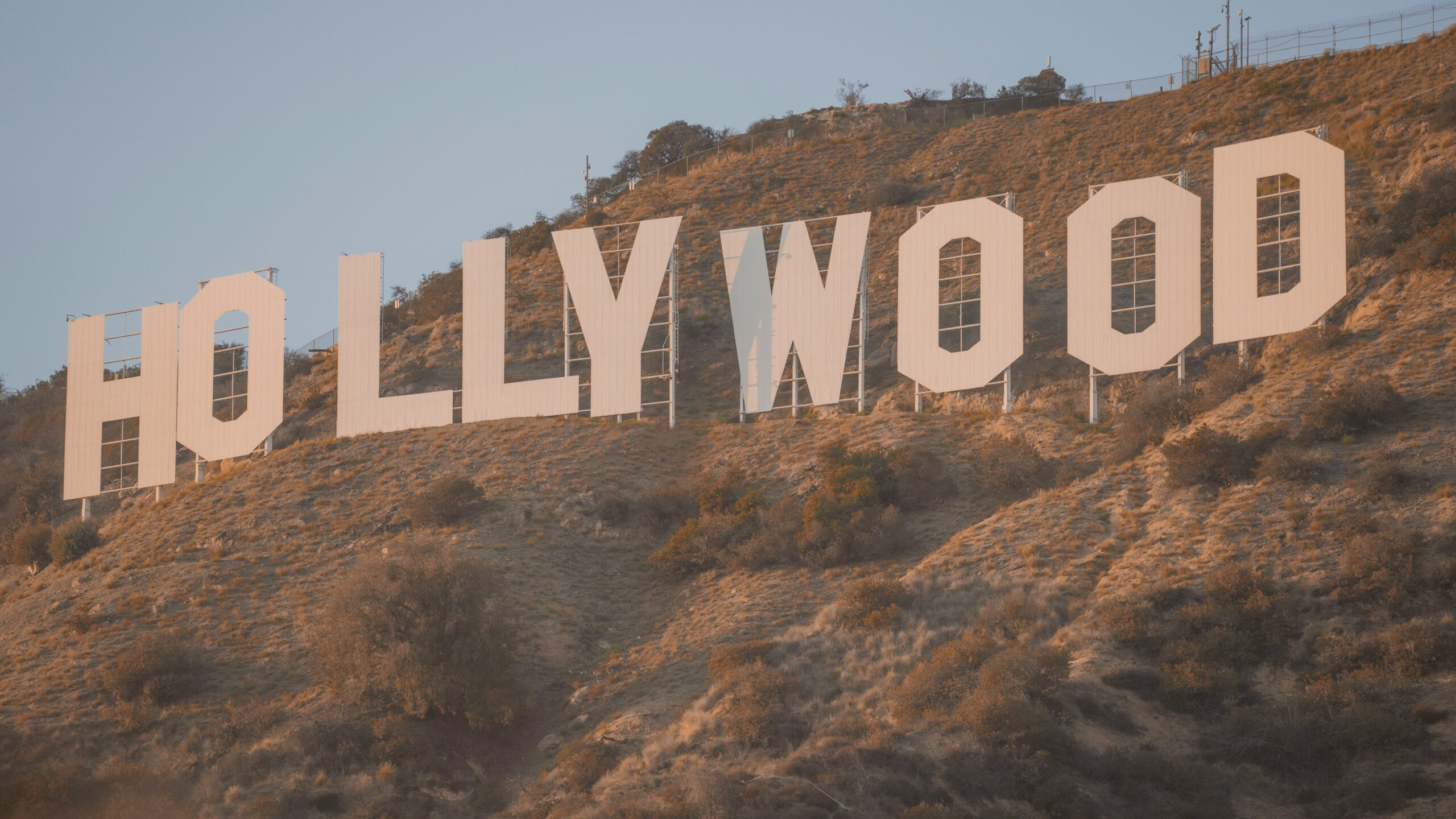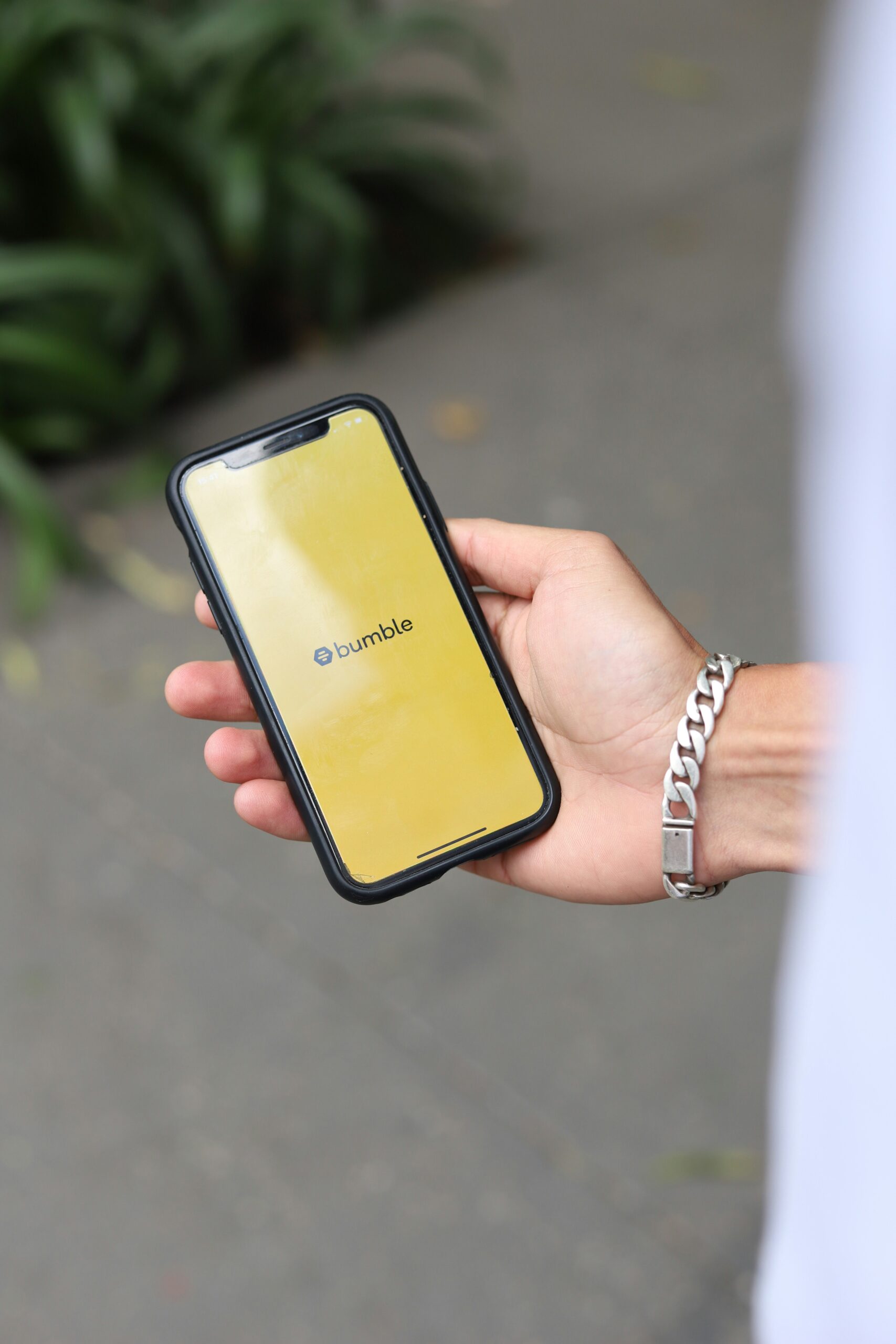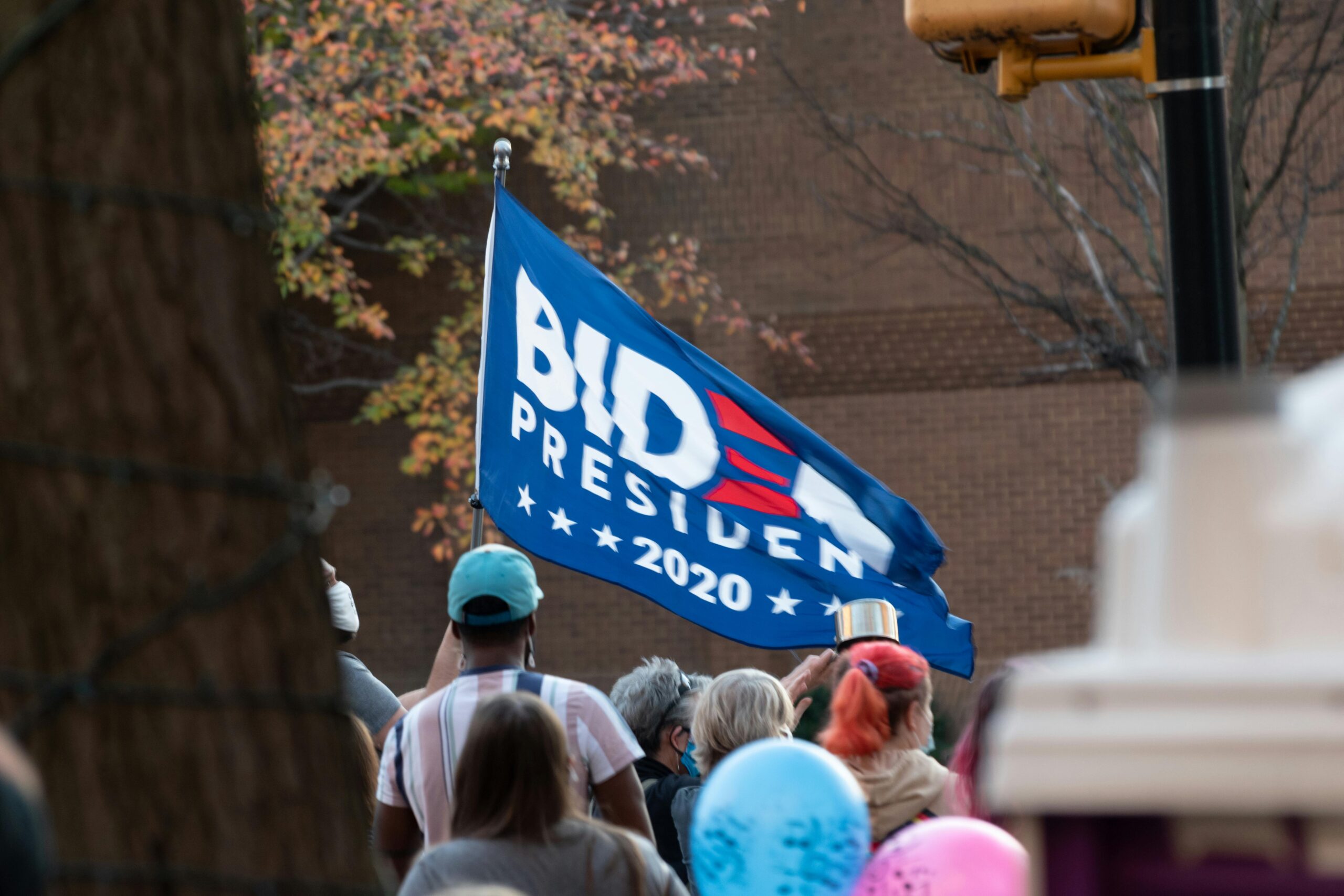Image credit: Unsplash
On Wednesday, the CEO of TikTok, Shou Chew, said that the company is prepared to go to court to remain online in the United States.
Chew posted a video on the app denouncing a potential ban that was signed into law by President Joe Biden. There is a fundamental delay included in the law that extends for nine months, allowing TikTok’s parent company, ByteDance, a chance to avoid nationwide prohibition by selling the app.
In the video Chew posted, the CEO said, “Rest assured, we aren’t going anywhere.” The video was posted to TikTok’s main corporate account. Chew continued, “We are confident and we will keep fighting for your rights in the courts. The facts and the constitution are on our side, and we expect to prevail.”
Within one hour of posting the video, it had amassed roughly 176,000 likes. TikTok already has a winning record in the courts. In 2020, then-President Donald Trump issued an order to ban TikTok in the U.S. A federal judge blocked the order, calling it “arbitrary and capricious.”
Potential Impact of the TikTok Ban
A different federal judge blocked a law in Montana in November, which had threatened to ban TikTok at a state level. Ultimately, the judge in that case ruled in favor of the five content creators who had sued. The judge said the law “oversteps state power and infringes on the constitutional rights of users.”
The future of the TikTok ban could change the face of social media and potentially free expression online. However, could also alter how Americans think of data security and who ultimately controls what they see online.
Those in favor of a ban argue that the personal information of U.S. users is not safe because of Chinese ownership over the app, which some say opens up an avenue for Chinese spies. They also say that China could pressure the company to manipulate what users see to further the country’s objectives regarding its foreign policy.
TikTok’s Response and Legal Strategy
TikTok has responded to these concerns by saying it’s working to ease security concerns by storing data in the U.S. They have also stated that none of the propaganda claims are grounded in fact.
The federal proposed ban that was signed into law on Wednesday was part of a $95 billion national security package sending aid to Israel, Taiwan, and Ukraine.
Because of the nine-month delay in the law, the earliest a ban could be put in place would be January 2025. This is after the next presidential election, which means that millions of TikTok users could remain a force throughout the campaign.
In his video, Chew stated “Make no mistake. This is a ban: a ban on TikTok and a ban on you and your voice. Politicians may say otherwise but don’t get confused. Many who sponsored the bill admit a TikTok ban is the ultimate goal.”
He added, “While we make our case in court, you’ll still be able to enjoy TikTok like you always have. In fact, if you have a story about how TikTok impacts your life, we would love for you to share it to showcase exactly what we’re fighting for.

















































